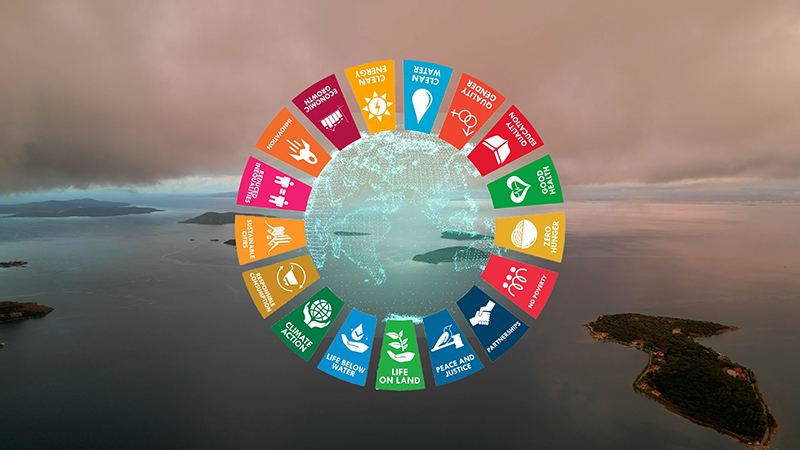2025 Maine Sustainability & Water Conference
Thursday, March 27, 2025
Augusta Civic Center
Augusta, Maine

Conference Menu
Concurrent Sessions
Please reach out to individual speakers if you are interested in viewing PowerPoint presentations from concurrent sessions. Due to limited staffing, we are unable to post the presentations to the website.
Following is the list of the concurrent sessions for the 2025 Maine Sustainability & Water Conference.
- Session A – Plastic Waste – Sustainable Packaging and Reuse Solutions (All day)
- Session B – Flood Assessment and Recovery (AM)
- Session C – Sustainable Groundwater Mgt in a Changing Climate (AM)
- Session D – PFAS in the Maine Environment (All day)
- Session E – Marshes for Maine’s Future (All day)
- Session F – Maine Community-led Energy & Climate Action Network (All day)
- Session G – The Power of Nature: Increasing Community & Landscape Resilience (All day)
- Session H – Defining Riverscapes: Interactions Affecting Riverine and Riparian Health (All day)
- Session I – Sustainable Water Resources for Agriculture and Rural Use (PM)
- Session J – Integrating Water Quality Data Streams & Identifying Critical Public Messages (PM)
- Session K – Wildfire Resilience in Maine’s Forests and Communities (PM)
